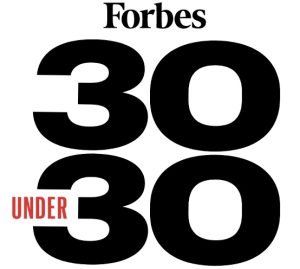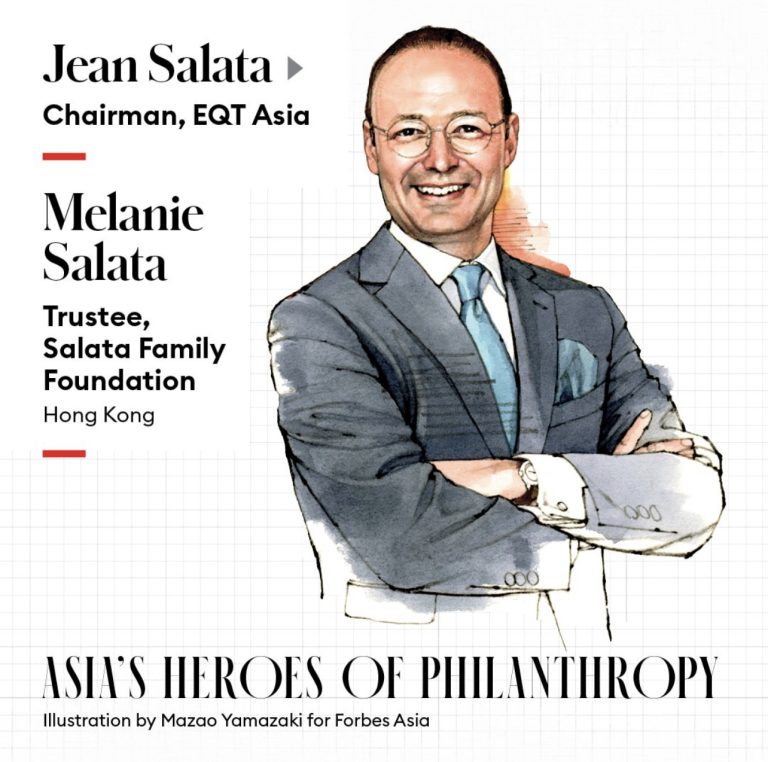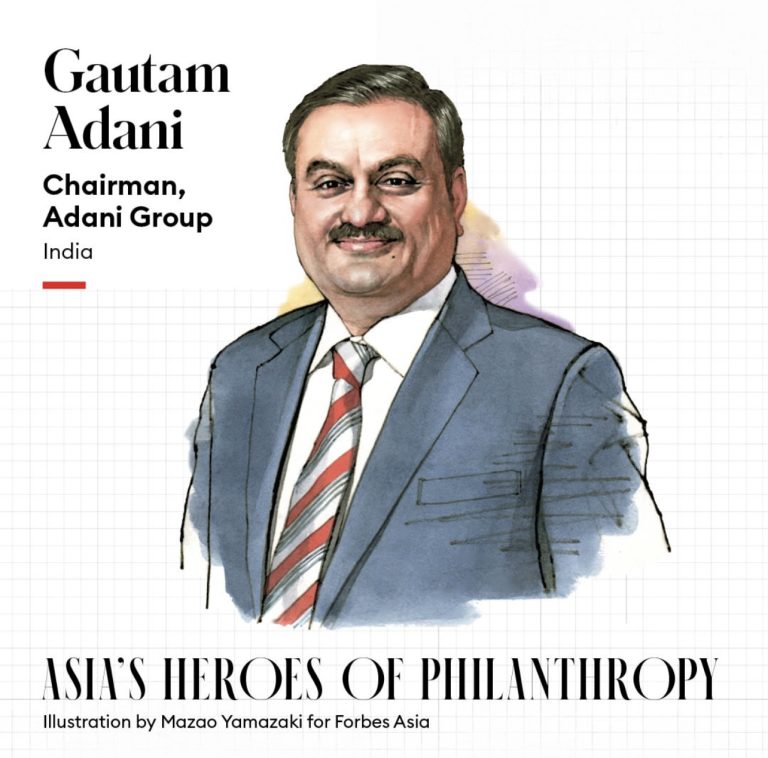Artificial Intelligence (AI) has long since stopped being the stuff of science fiction. Today, it’s a reality, increasingly embedded in our daily lives, powering everything from search engines and mobile apps to self-driving cars and chatbots. BT’s recent announcement about reducing its workforce by 55,000 – 11,000 of which are AI-related – has rekindled the conversation about AI’s impact on jobs and the wider economy.
The apprehension surrounding technological advancement and its implications for job security is nothing new. It dates back to the industrial revolution when mechanization first raised concerns about job losses. Today, the same fear is linked to increasingly sophisticated AI algorithms. But is AI truly a job-killer, or is it more likely to evolve into our personal assistant?
Artificial Intelligence and Jobs: A Dynamic Relationship
The key technology driving the current AI revolution is the Large Language Model (LLM), capable of generating human-like responses to queries. It is the backbone of OpenAI’s ChatGPT, Google’s Bard system, and Microsoft’s Bing AI. These systems utilize AI to perform tasks that previously required human intelligence, leading to fears of AI-induced job displacement.
However, the relationship between AI and jobs isn’t straightforward. While AI may render some roles obsolete, it’s also set to create new jobs that we can’t even conceive of yet, much like the internet did a few decades ago. Additionally, in many job categories, the human touch will remain essential, with AI serving as a tool to enhance efficiency and productivity rather than a replacement.
The Transformation of Work
AI is likely to revolutionize the world of work by automating repetitive tasks, leaving humans free to focus on more complex, creative, and emotionally engaging tasks. For instance, AI can handle scheduling, data analysis, and even customer service inquiries, allowing human workers to concentrate on strategy, innovation, and empathetic customer engagement.
In this light, AI appears less as a threat and more as an invaluable assistant that enhances human capabilities. It becomes a means of improving work-life balance by taking over mundane tasks and potentially reducing the working hours necessary for productivity.
Job Displacement and Job Creation
There’s no denying that some job displacement will occur due to AI. Roles that involve repetitive tasks, which are easily automated, are at the most risk. However, this displacement should be considered in the broader context of job creation.
Just as the industrial revolution eventually led to a host of new roles and industries, the AI revolution is expected to generate new job categories. These might range from AI ethics consultants to AI interaction designers and beyond.
Preparing for an AI-Driven Future
While the AI revolution presents challenges, it also offers opportunities. It’s essential to approach this transition thoughtfully, investing in education and training programs to prepare the workforce for an AI-driven future.
Upskilling and reskilling initiatives can help equip people with the necessary skills to thrive in the new job landscape. Governments, educational institutions, and businesses should collaborate to create strategies for managing the transition and mitigating adverse effects.
Conclusion: AI as the Ultimate Assistant
While fears about AI and job loss are understandable, the reality is likely to be more complex and, ultimately, more positive. AI has the potential to act not as a replacement for human workers but as an assistant that improves productivity and job satisfaction.
Indeed, the AI revolution heralds a future where monotonous tasks are automated, creative and empathetic tasks are prioritized, and new and exciting job categories emerge. By focusing on education and preparation, we can navigate the challenges of this transition and unlock the full potential of AI – not as a job-killer, but as the ultimate personal assistant.
Read More : Breakthrough in Neuroscience: Paralysed Man Walks Again with Brain Implants
























